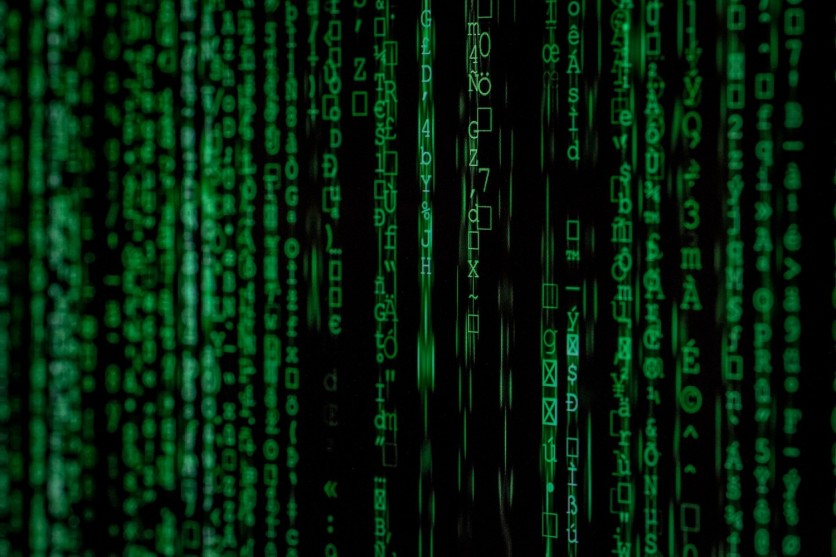Amidst a wave of cyber disruptions, Cambridge University and numerous other academic institutions throughout the UK grappled with extensive interruptions caused by a DDoS onslaught. The attack specifically aimed at crippling the Janet Network.

Google researchers discovered that a new Spica backdoor malware is currently used in phishing by the notorious ColdRiver hackers, which is believed to be state-sponsored by Russian government.
Facing Disruption due to a DDoS Assualt
Cambridge University and several other higher education institutions across the UK faced significant disruption due to a Distributed Denial of Service (DDoS) assault.
As per Varsity's report, the attack targeted the Janet Network, an essential platform facilitating the exchange of extensive research data among scholars, rendering certain network segments inaccessible.
A communication sent to internet users affiliated with Cambridge University, attributed to Stuart Rankin, the institution's head of user services, acknowledged the DDoS attack and asserted its ramifications extended to other academic institutions.
This caused widespread disruptions across numerous UK higher education establishments. Reports indicate that students across various colleges have received alerts about the ongoing attack, impacting their ability to access critical IT services including CamSIS and Moodle.
In correspondence addressed to internet users, Dr. Stuart Rankin, Head of User Services at the University's research computing services center, disclosed the nature of the incident as a Distributed Denial of Service attack.
Rankin described the attack as a deliberate inundation of data orchestrated by a vast network of compromised machines on the internet. He revealed that several UK universities, not just Cambridge, are in the crosshairs of this attack.
Following a Cyberattack on the British Library
This incident occurs amidst ongoing efforts to restore the University Library's electronic legal deposit systems. These restoration endeavors follow a cyberattack on the British Library, the system's operator, back in October.
In the wake of the attack, the library found itself bereft of over ten million journal articles and nearly 800,000 books, maps, journals, and music scores for eleven weeks. The complete recovery of systems is anticipated to span 'several months' before all records are reinstated to their former accessibility.
Being one of the UK's esteemed legal deposit libraries, UL holds a unique privilege: receiving digital copies of all electronically published works, typically stored within electronic legal deposit systems.
However, the recent cyberattack-induced outages have disrupted access to these copies for both students and researchers. This service, facilitated by the British Library through terminals in Legal Deposit Libraries, has been among the many digital services impacted by the cyberattack.
The spokesperson emphasized the UL's proactive approach to finding alternative sources for materials, including avenues like Inter-Library loans and content procurement. They further encouraged students, researchers, and all patrons of University Library services to seek assistance from library staff as needed.
The assault on the systems of the British Library was traced back to the Rhysida hacker group with affiliations to Russia. They issued a demand for a ransom of 20 bitcoins in exchange for restoring services and returning the pilfered data.
Rory Keatling, the Chief Executive of the British Library, described the attack and its aftermath as a challenging period, stating that the recovery process would be gradual and would require considerable time.

![Apple Watch Series 10 [GPS 42mm]](https://d.techtimes.com/en/full/453899/apple-watch-series-10-gps-42mm.jpg?w=184&h=103&f=9fb3c2ea2db928c663d1d2eadbcb3e52)



